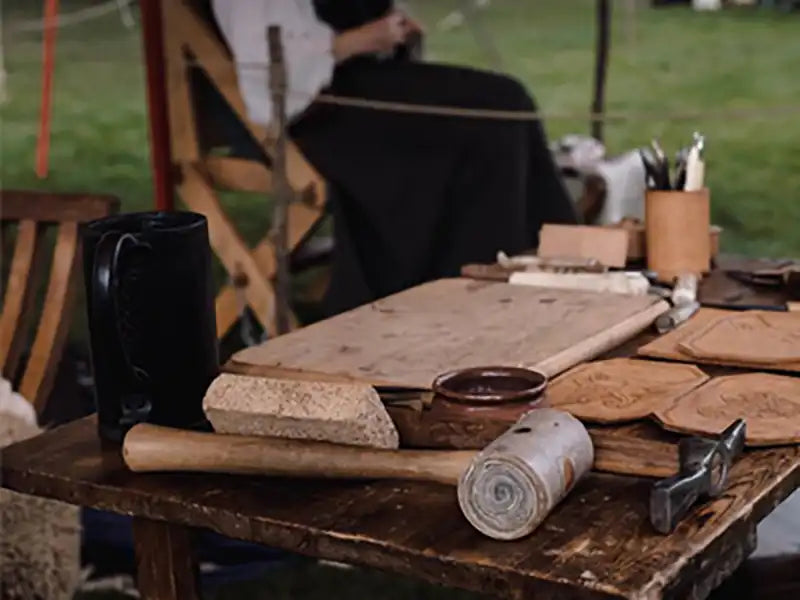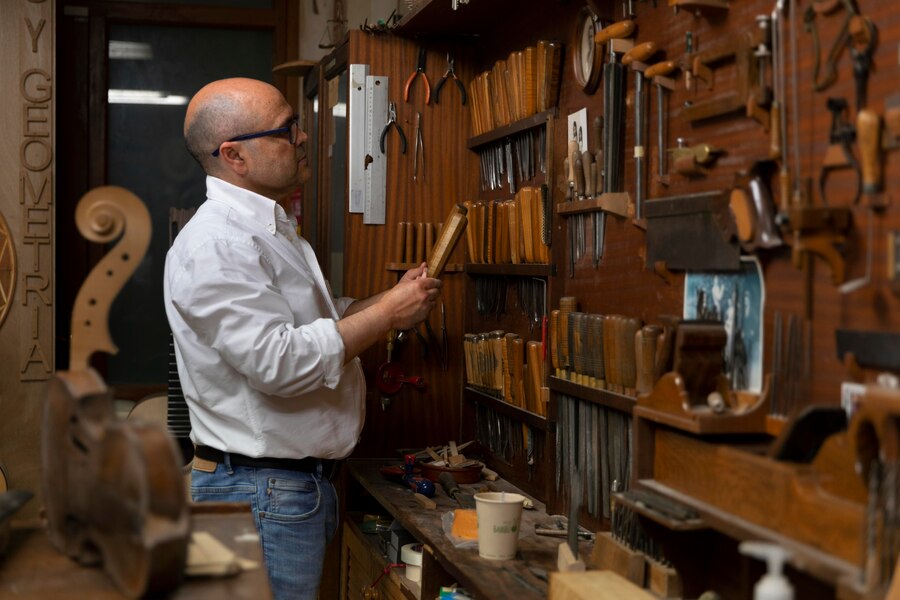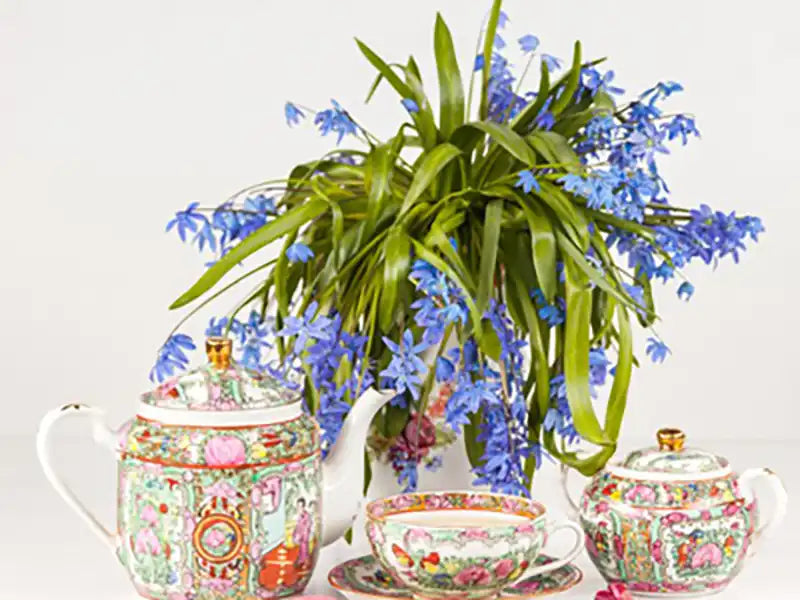In the realm of Montessori education, every element within a learning environment is carefully considered to support a child's natural development. The Montessori bookshelf, often overlooked but no less essential, plays a pivotal role in cultivating a lifelong love for reading and fostering independent learning.
In this article, we delve into the world of Montessori bookshelves, exploring why they are a fundamental part of the Montessori approach and how they can enrich a child's educational journey.
The Essence of Montessori
The Montessori philosophy, developed by Dr. Maria Montessori over a century ago, is centered around respecting the child as an individual with innate abilities, curiosities, and a thirst for knowledge. It emphasizes self-directed learning and hands-on exploration, and the Montessori bookshelf aligns perfectly with these principles.
Accessible Independence
One of the defining characteristics of Montessori bookshelves is their accessibility to children. These usually are low bookcases, allowing even the youngest learners to reach their favorite books without assistance. This independence empowers children to choose their reading materials freely, promoting a sense of ownership over their learning journey.
A Thoughtful Selection of Books
Montessori bookshelves are not a mere repository for books; they are carefully curated with age-appropriate and engaging materials. These materials encompass a wide range of subjects, from nature and geography to art and history, providing children with a diverse array of reading options that align with their developmental stages and interests.
Order and Organization
In a Montessori bookshelf, books are arranged neatly with their spines facing outward, making it easy for children to see the covers and select a book that piques their curiosity. The order and organization instill a sense of orderliness and respect for the learning environment, teaching children valuable life skills.
Promoting Language Development
Language development is a cornerstone of Montessori education, and the Montessori bookshelf plays a crucial role in this regard. By engaging with books independently, children expand their vocabulary, improve comprehension, and develop a love for storytelling. Additionally, the quiet and focused reading environment encourages concentration and inner discipline.
Growing with the Child
Montessori bookshelves are not static fixtures; they evolve with the child. As a child progresses through different developmental stages, the books on the shelves change accordingly. This adaptability ensures that the reading materials remain engaging and challenging, supporting continuous growth and learning.
Nurturing a Lifelong Love for Reading
Ultimately, the Montessori bookshelf is more than just a piece of furniture; it's a gateway to a world of knowledge, imagination, and exploration. By fostering a love for reading from an early age, Montessori bookshelves set the stage for a lifelong journey of intellectual curiosity and personal growth. Whether you're a parent or an educator, embracing the Montessori approach to reading can instill a passion for books that will last a lifetime.






